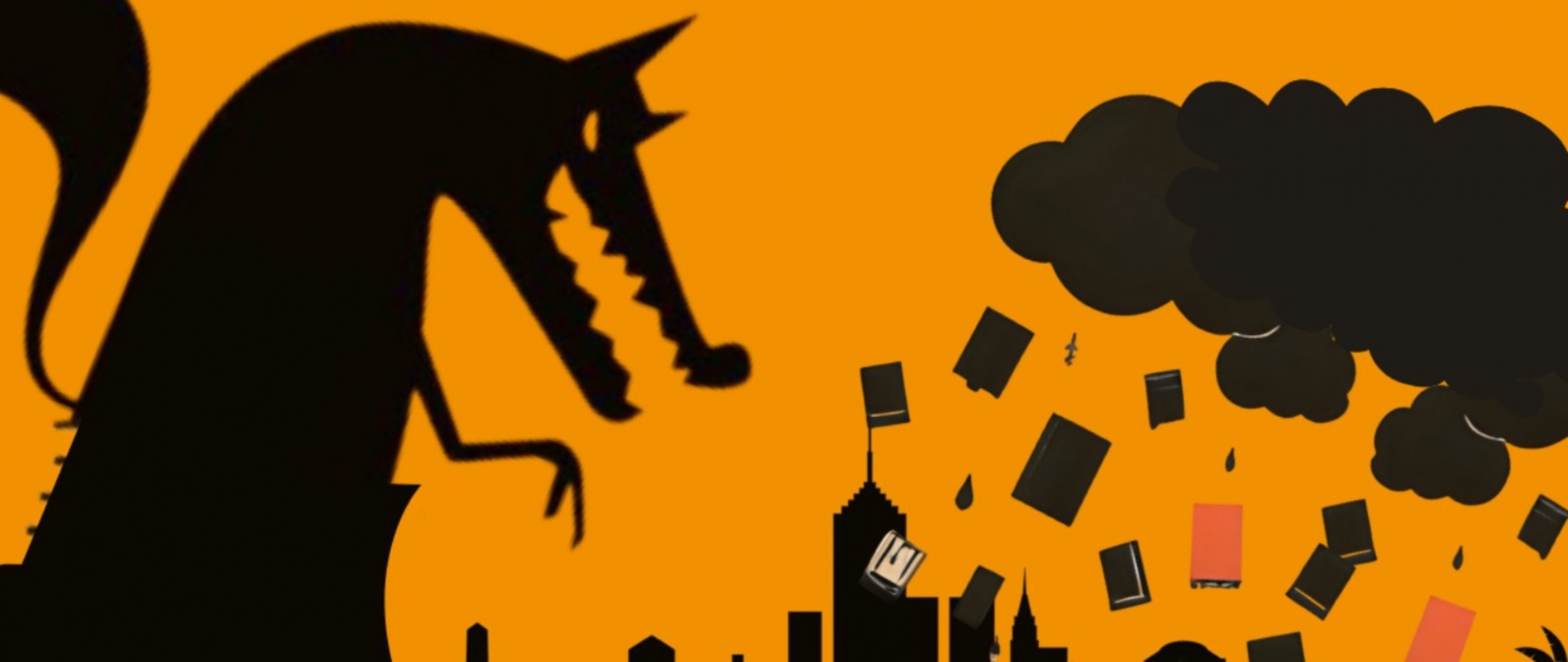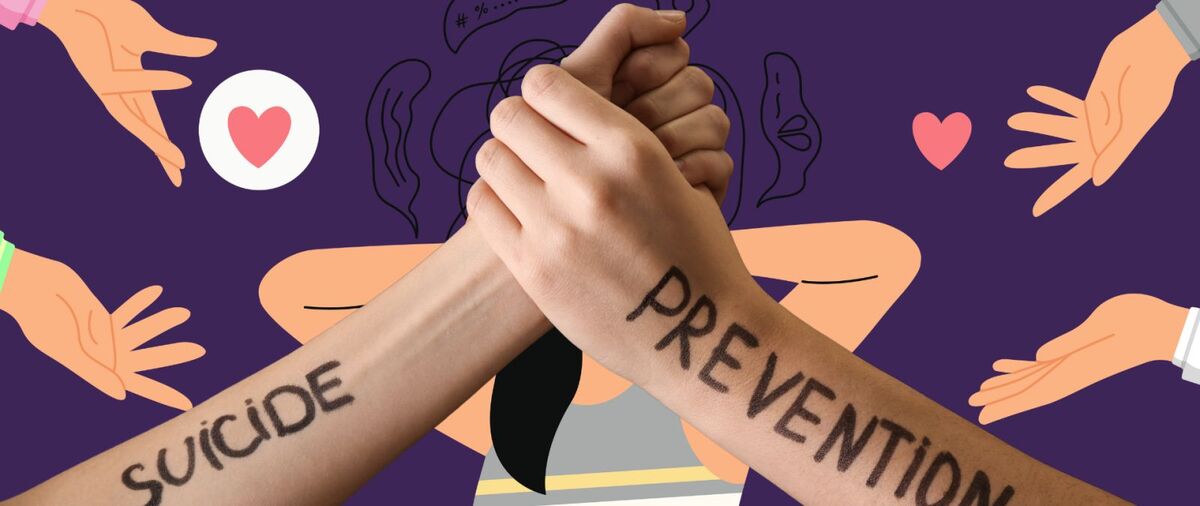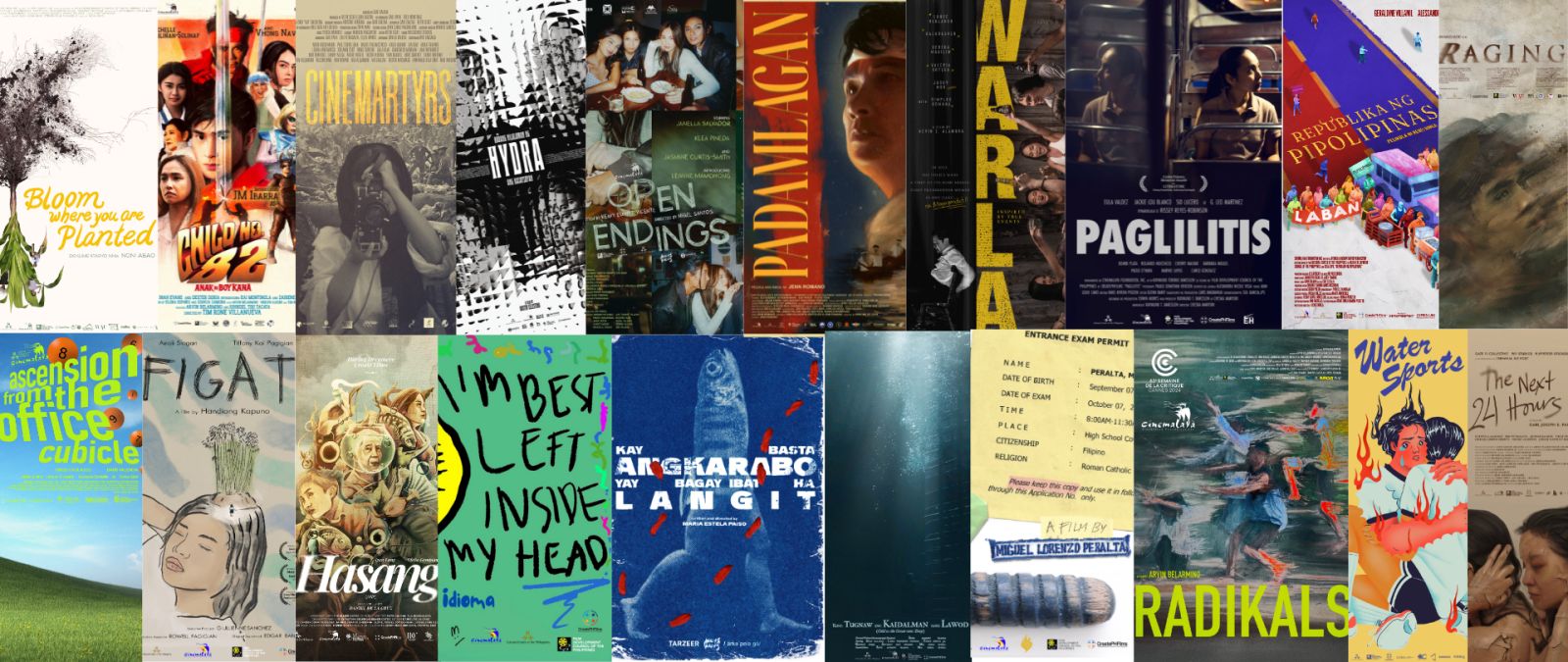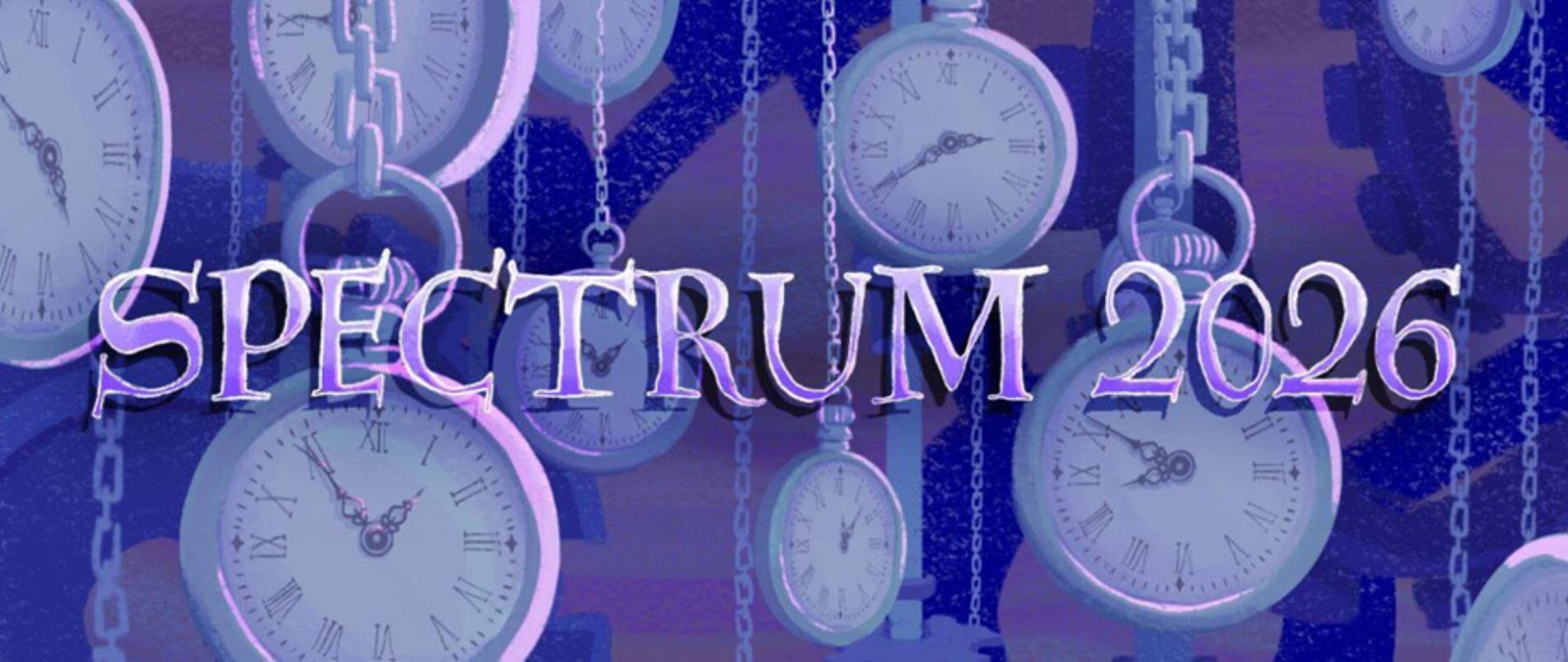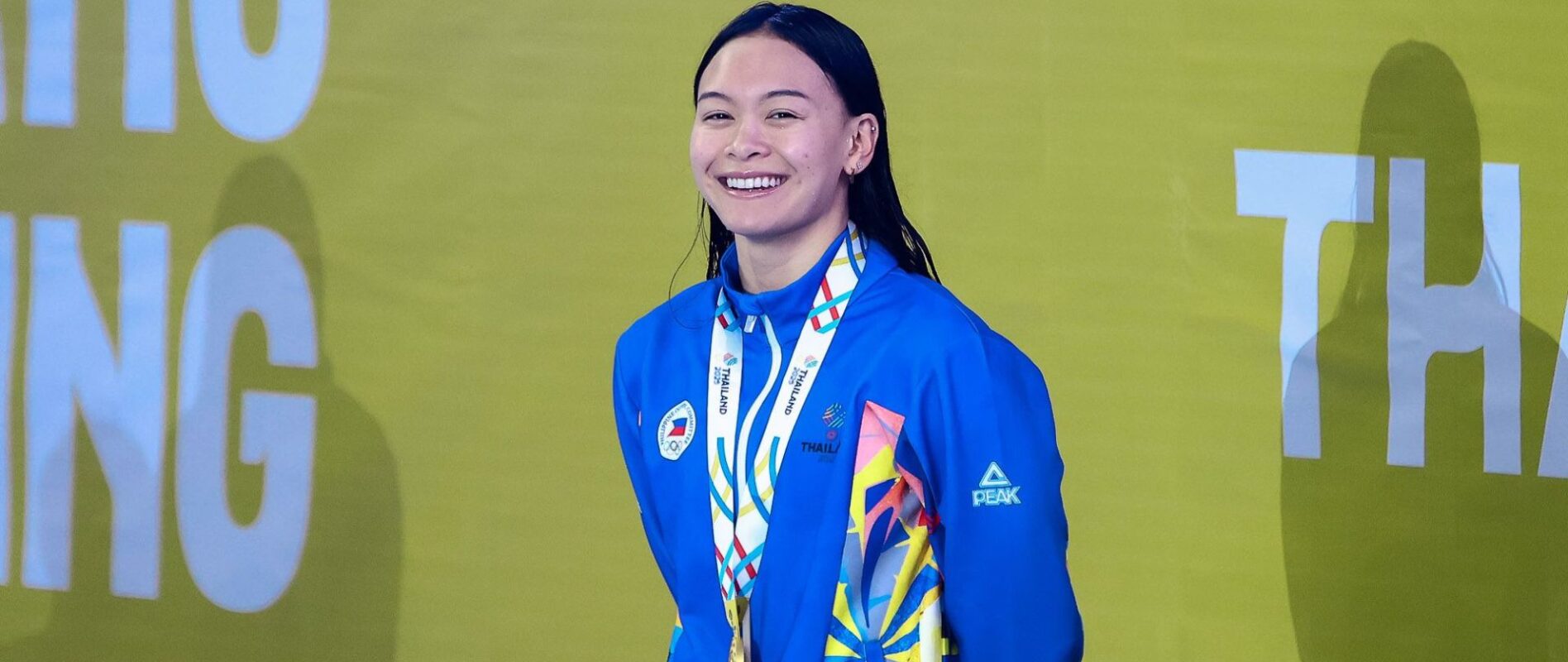REMEMBER ‘FRIDAY’ SINGER REBECCA BLACK? SHE’S STILL MAKING COOL SONG YEARS AFTER THE INTERNET BULLIED HER
If you weren’t living under a rock in 2011, you definitely know the lyrics to Rebecca Black’s viral song ‘Friday’. But where is the singer years after this iconic pop breakthrough?
In 2011, on the early days of social media, 13-year-old Rebecca Renee Black or simply “Rebecca Black” was the magnet of internet hate. Her supposed pop breakthrough “Friday” received backlash from internet users all over the world.
With over 3 million thumbs down reactions on YouTube, Friday was the most disliked video last March 29, 2011. It even came to a point where it was considered diabolical for someone to like Black and her song.
Because the society has repeatedly made her a punchline, one would expect that Black just caved in trauma and anxiety.
But the singer has more things up her sleeve. Years after the internet bullied her, Black is still making music that deserve another, and arguably better, spotlight.
In an Instagram post, Black talked about her past experiences on cyber bullying. “A music video for a song called “Friday” was uploaded to the internet. Above all things, I just wish I could go back and talk to my 13-year-old self who was terribly ashamed and afraid of the world,” the singer wrote. “To my 15 year old self who felt like she had nobody to talk to about the depression she faced, to my 17 year old self who would get to school only to get food thrown at her and her friends, to my 19 year old self who had almost every producer/songwriter tell me they’d never work with me.”
“I am trying to remind myself more and more that every day is a new opportunity to shift your reality and lift your spirit. You are not defined by any one choice or thing. Time heals and nothing is finite. It’s a process that’s never too late to begin. And so, here we go!” Black said.
As of this post, Black is seen raising awareness on the rights and plight of the Lesbian, Gay, Bisexual, Transgender, Queer, Intersex, Asexual (LGBTQIA+) community. She even released ‘Girlfriend,’ to celebrate her queerness.
“Girlfriend’ represents a new chapter for me, both in its sound and in the fact that since coming out, there is now a whole new layer of myself I’m sharing openly with my audience,” Black told PAPER magazine.
Defamation, in the simplest sense, is the oral or written communication of a false statement against another that unjustly harms their reputation and usually constitutes a crime. In the modern age, defamation has evolved to come in phrases you read or type online. And in Black’s case, it was one of the very first instances of online trolling and bullying that could have fallen under cyber crime laws if it happened today.
Around the globe, it is estimated that one in three young people have experienced cyberthreats online. Of these numbers, there are at least 25 percent of adolescents and teens have been bullied repeatedly through their cell phones or the Internet. Rebecca Black is just one of the many examples of the online community taking it too far when it comes to criticizing digital content, and hopefully with Black’s candid acknowledgements of the past and how it impacted her, we could all grow away from this culture as a society.




